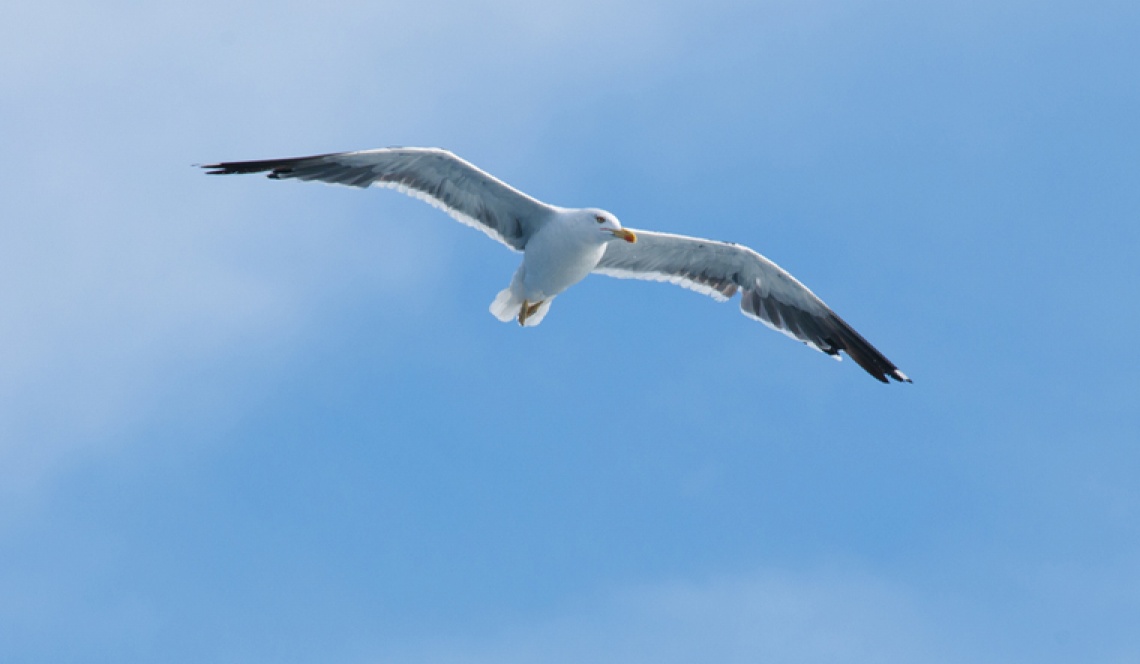 A satellite image of Antarctica. Credit: Wikipedia, Public Domain
A satellite image of Antarctica. Credit: Wikipedia, Public Domain
June 1, 2017 (Phys.org) -- During the last glacial period -- when the ice in the Antarctic was far thicker and extended further offshore than it does today -- it has been speculated that subglacial lakes existed beneath it. An international team of researchers has now successfully sampled the metre-thick sediment layers left behind by these lakes contemporary on the seafloor. This is the outcome of a study by Gerhard Kuhn and colleagues published in the journal Nature Communications.
Hundreds of subglacial lakes currently exist beneath the Antarctic Ice Sheet, with Lake Vostok being the largest and best known. The challenges involved in exploring these lake systems, which have remained enclosed for thousands of years, are enormous. For instance, scientists must adhere to strict environmental restrictions so as to avoid polluting the lakes, which involves considerable resources. To date, Russian researchers have only collected samples by drilling into the surface ice of Lake Vostok and testing the water that poured out of the borehole before promptly refreezing.
Now a team of researchers led by marine geologist Dr Gerhard Kuhn from the Alfred Wegener Institute, Helmholtz Centre for Polar and Marine Research (AWI) have provided unequivocal evidence, in the form of pore water analyses, for the presence of a former subglacial lake on the Antarctic continental shelf. During expeditions to the Amundsen Sea with the Research Icebreaker Polarstern in 2006 and 2010, AWI researchers and their international colleagues collected sediment cores that they now confirm are from subglacial lakes. "The cores, which are up to ten metres long, were collected at a water depth of 750 metres. The lake sediments are currently buried under a four-metre thick layer of marine sediment on the seafloor," Kuhn reports. They were retrieved from valleys on the ocean floor that were situated under the Antarctic Ice Sheet in the Earth's distant past. "We have now verified that, during the last glacial period, there were also subglacial lakes under a massively thick ice sheet in Pine Island Bay in the southern Amundsen Sea. The ice there has now dramatically retreated, which allowed us to sample palaeo-lake sediments from aboard Polarstern," says the first author of the Nature Communications study, in which the researchers will share their findings today.
"In this regard, we measured the chloride content in the pore water as an indicator of its salinity. In the lower parts of some sediment cores, it was extremely low: a clear sign of freshwater, which originates from lakes under the ice," explains co-author and AWI geochemist Dr Sabine Kasten. "We modelled the exchange of freshwater in the porous spaces of the sediment with the overlying seawater, to help us reconstruct the dynamics of the transition from a lake to a marine environment," reports Dr José Mogollón from the University of Utrecht. The unique sediments the team collected now provide an archive of changing environmental conditions in the Antarctic and cover a timespan from the present to the Last Glacial Maximum (ca. 21,000 years ago), when the global sea level was roughly 130 metres lower than today.
(more)
READ MORE: Phys.org





